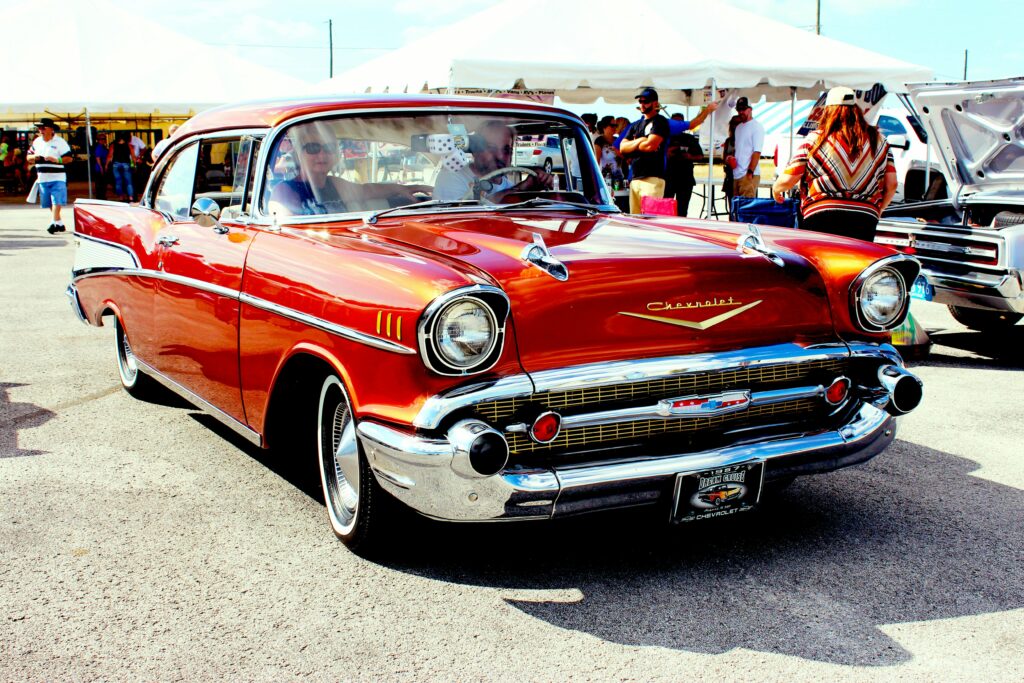
Tesla, Inc. is an American electric vehicle (EV) and clean energy company founded by Elon Musk, JB Straubel, Martin Eberhard, Marc Tarpenning, and Ian Wright. Headquartered in Palo Alto, California, Tesla has become one of the most prominent players in the EV industry.
In the United States, Tesla has a significant presence, with manufacturing facilities, sales outlets, and charging infrastructure spread across the country. Here are some key aspects of Tesla’s business in the United States:
- Manufacturing Facilities: Tesla operates a Gigafactory in Nevada, which produces battery cells and packs, as well as electric motors and components for Tesla vehicles. Additionally, the company has a vehicle assembly plant in Fremont, California, where it manufactures its electric vehicles, including the Model S, Model 3, Model X, and Model Y.
- Sales and Distribution: Tesla sells its vehicles directly to consumers through its website and company-owned stores. These stores are located in various states across the country, where customers can learn about Tesla’s products and schedule test drives.
- Charging Infrastructure: Tesla has deployed a vast network of Supercharger stations throughout the United States to support long-distance travel for Tesla owners. These stations are strategically located along highways and in urban areas to provide convenient access to fast charging.
- Vehicle Models: Tesla offers a range of electric vehicles tailored to different market segments. This includes luxury sedans like the Model S and Model 3, SUVs like the Model X and Model Y, and the upcoming Cybertruck, designed for utility and off-road use.
- Energy Products: In addition to electric vehicles, Tesla develops and sells clean energy products such as solar panels, solar roof tiles, and energy storage solutions like the Powerwall and Powerpack. These products contribute to Tesla’s broader mission of accelerating the transition to sustainable energy.
- Innovation and Research: Tesla continues to invest in research and development to advance electric vehicle technology, battery technology, and autonomous driving capabilities. The company is known for its innovative approach to automotive design and technology.
- Market Impact: Tesla’s success has had a significant impact on the automotive industry, accelerating the adoption of electric vehicles and prompting other manufacturers to invest more heavily in EV development. Additionally, Tesla’s market performance and influence extend beyond the automotive sector, impacting industries such as energy, technology, and transportation.
Overall, Tesla’s business in the United States reflects its commitment to innovation, sustainability, and reshaping the future of transportation and energy.
Tesla Motors, now known as Tesla, Inc., has revolutionized the automotive industry with its electric vehicles (EVs), energy storage solutions, and sustainable energy products. While traditional automotive companies focus primarily on combustion engine vehicles, Tesla has prioritized electric propulsion systems, aiming to accelerate the world’s transition to sustainable energy.
Tesla’s marketing strategy is unique and innovative, relying heavily on several key elements:
- Product Innovation: Tesla’s electric vehicles are not just cars; they are feats of engineering, boasting cutting-edge technology, impressive performance, and long-range capabilities. The company continually introduces new features and improvements through over-the-air software updates, keeping customers engaged and excited about their purchases.
- Brand Image: Tesla has cultivated a brand image that embodies innovation, sustainability, and luxury. The company’s CEO, Elon Musk, plays a significant role in shaping this image through his visionary leadership and active presence on social media platforms like Twitter. Tesla’s branding appeals to environmentally conscious consumers who prioritize technology and forward-thinking design.
- Word-of-Mouth Marketing: Tesla relies heavily on word-of-mouth marketing, with satisfied customers often becoming brand ambassadors. Social media platforms, online forums, and enthusiast communities play a crucial role in spreading positive experiences and generating buzz around Tesla’s products.
- Direct Sales Model: Unlike traditional automakers that rely on dealerships, Tesla sells its vehicles directly to consumers through company-owned stores and its website. This direct sales model allows Tesla to control the customer experience, gather valuable data, and adapt its marketing strategies more efficiently.

- Innovative Marketing Campaigns: Tesla’s marketing campaigns often focus on storytelling and creating emotional connections with consumers. The company utilizes sleek promotional videos, events, and product launches to generate excitement and showcase its vehicles’ capabilities.
- Environmental and Social Responsibility: Tesla’s commitment to sustainability resonates with environmentally conscious consumers. The company emphasizes the environmental benefits of electric vehicles and positions itself as a leader in the fight against climate change.
- Investment in Research and Development: Tesla allocates a significant portion of its resources to research and development, continuously pushing the boundaries of electric vehicle technology. This focus on innovation helps Tesla stay ahead of competitors and maintain its position as a market leader.
Overall, Tesla’s marketing strategy revolves around innovation, sustainability, and customer engagement. By leveraging its unique strengths and challenging industry norms, Tesla has successfully disrupted the automotive market and established itself as a trailblazer in the realm of electric mobility.
Motors Company in United States
There are several prominent motor companies in the United States, each with its own focus and specialties. Here are a few:
- Ford Motor Company: Established by Henry Ford in 1903, it’s one of the oldest motor companies in the world. It’s known for its trucks, SUVs, and iconic Mustang sports car.
- General Motors (GM): Founded in 1908, GM is one of the largest automobile manufacturers in the world. It owns brands like Chevrolet, GMC, Cadillac, and Buick, producing a wide range of vehicles from trucks to luxury cars.
- Tesla, Inc.: While relatively newer compared to some traditional automakers, Tesla has made a significant impact on the automotive industry with its focus on electric vehicles and advanced autonomous driving technology.
- Chrysler Corporation: Now a part of Stellantis, Chrysler has a long history in the US automotive industry, producing vehicles under its own brand as well as Dodge and Jeep.
- Honda Motor Company: Although a Japanese company, Honda has a significant presence in the US with manufacturing plants and a range of popular vehicles.
- Toyota Motor Corporation: Another Japanese company with a significant presence in the US, Toyota produces a wide range of vehicles in the country and is known for its reliability and fuel efficiency.
These are just a few examples, but there are many more motor companies operating in the United States, ranging from large multinational corporations to smaller, niche manufacturers.